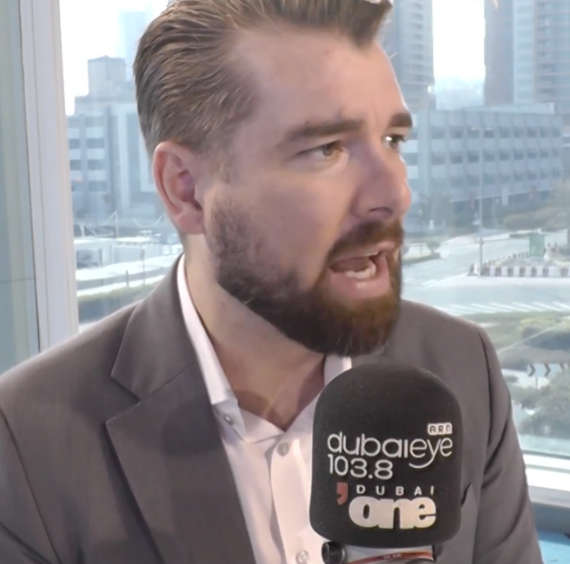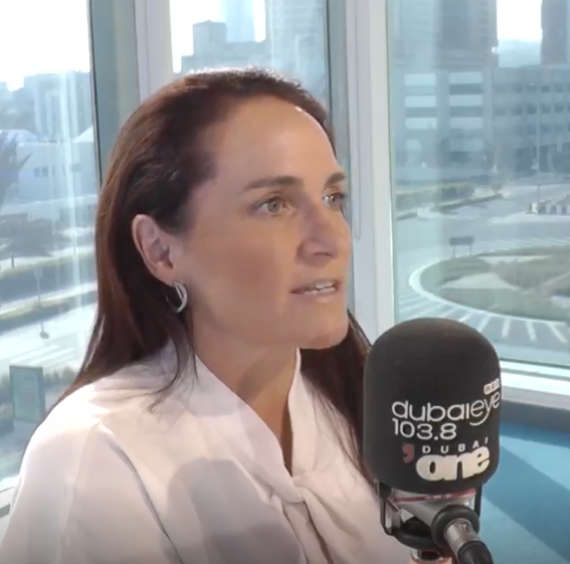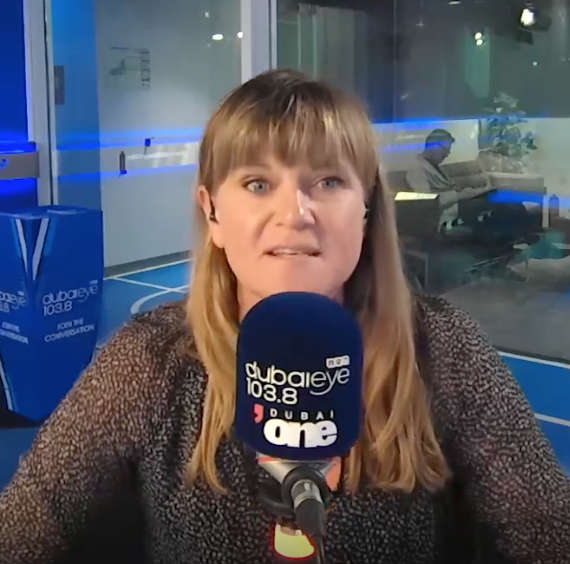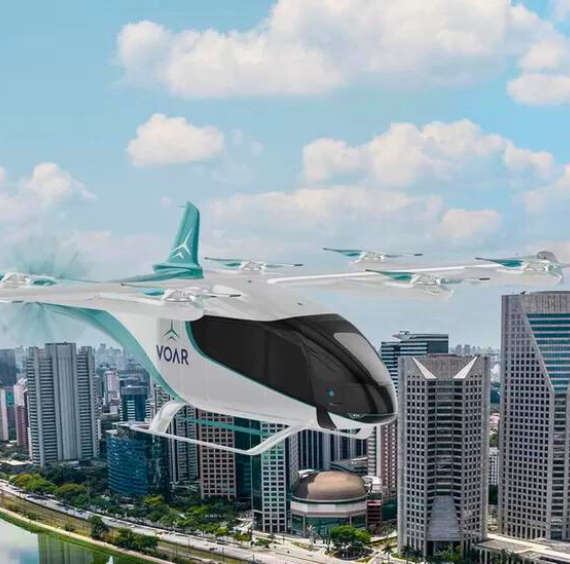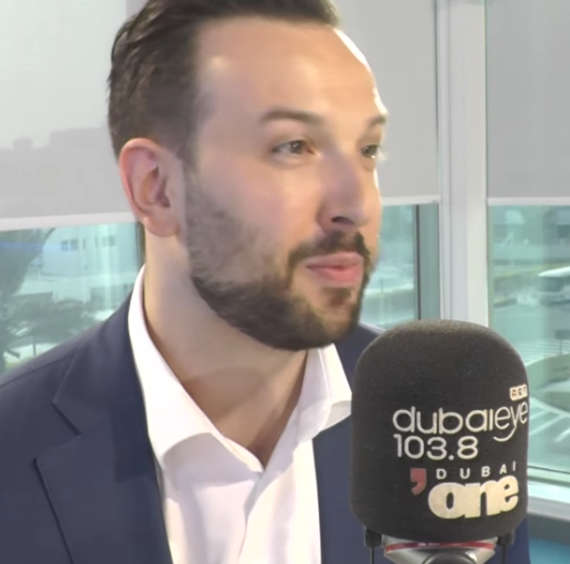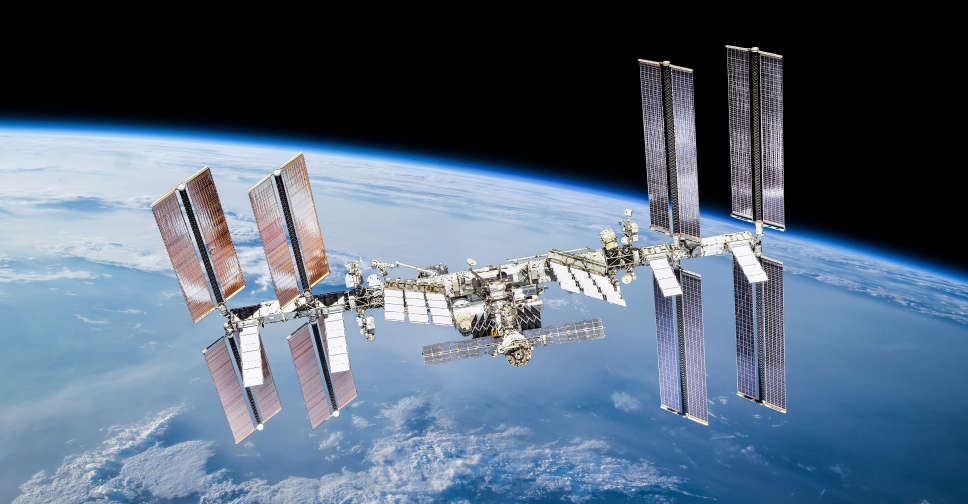
In a significant advancement with far-reaching implications for future lunar and interstellar missions, NASA has recycled an impressive 98 per cent of all water brought onboard by ISS astronauts.
The space agency announced this week that the International Space Station's (ISS) Environmental Control and Life Support System (ECLSS), comparable in function to the Stillsuits described in Frank Herbert's renowned science fiction novel Dune, operates through various subsystems.
One integral component employs advanced dehumidifiers to capture moisture generated by the astronauts' breathing and perspiration during their daily activities.
Another crucial subsystem, aptly named the "Urine Processor Assembly," employs vacuum distillation to recover water from astronauts' urine.
NASA stated that this distillation process produces water as well as a urine brine still containing reclaimable H2O.
Recently, the agency initiated testing of a new device designed to extract the remaining water from the brine. Thanks to this breakthrough system, NASA observed an impressive 98 per cent water recovery rate on the ISS, a notable improvement from the previous recycling rate of approximately 93 to 94 per cent of water brought aboard by astronauts.
"This marks a significant advancement in the progression of life support systems," remarked Christopher Brown, a member of NASA's International Space Station life support systems management team. "If you collect 100 pounds of water on the station, only two pounds are lost, while the remaining 98 per cent continues to circulate. Maintaining this efficiency is an extraordinary achievement."
For those who may find the idea of consuming recycled urine off-putting, NASA is quick to dispel any concerns. "The processing is fundamentally similar to some terrestrial water distribution systems, albeit in a microgravity environment," explained Jill Williamson, NASA's ECLSS water subsystems manager. "The crew is not drinking urine; they are consuming water that has been reclaimed, filtered, and purified to a higher degree than the water we drink here on Earth."
According to Williamson, systems like the ECLSS will prove crucial as NASA embarks on more ambitious missions beyond Earth's orbit. "Minimising the need to transport water and oxygen allows us to allocate more resources for scientific endeavours during the launch phase," he emphasised. "Reliable and robust regenerative systems ensure that the crew can focus on the primary objectives of their missions without unnecessary concerns."
The breakthrough achieved by NASA in water recycling not only represents a remarkable stride in space technology but also holds the promise of enabling prolonged human presence and sustained exploration in the cosmos.



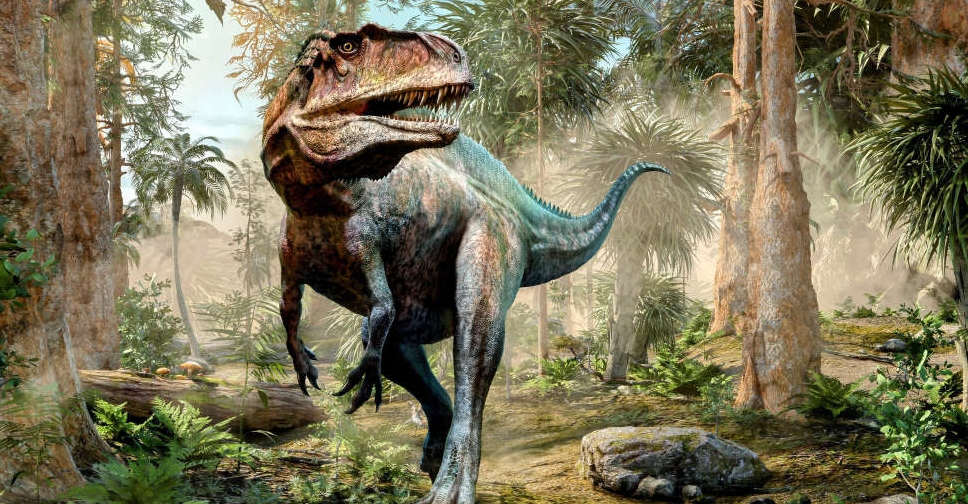 T. rex is at center of debate over dinosaur intelligence
T. rex is at center of debate over dinosaur intelligence
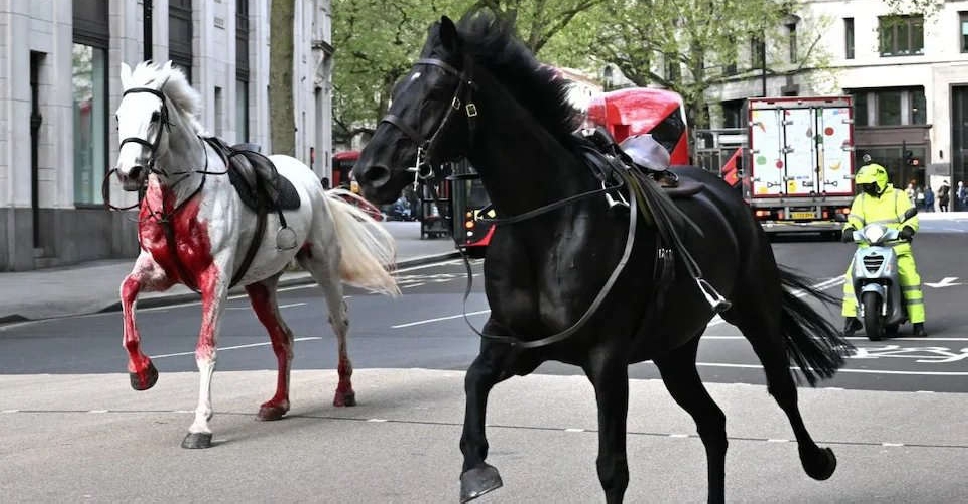 Horses run amok in central London
Horses run amok in central London
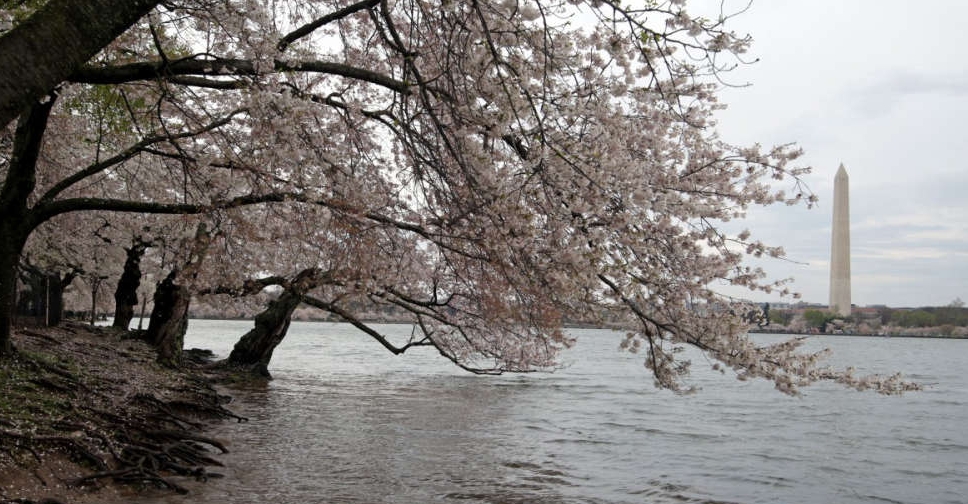 Kishida delights Washington with promise of 250 cherry trees as gift
Kishida delights Washington with promise of 250 cherry trees as gift
 124 candles? Peru stakes claim to world's oldest human, born in 1900
124 candles? Peru stakes claim to world's oldest human, born in 1900
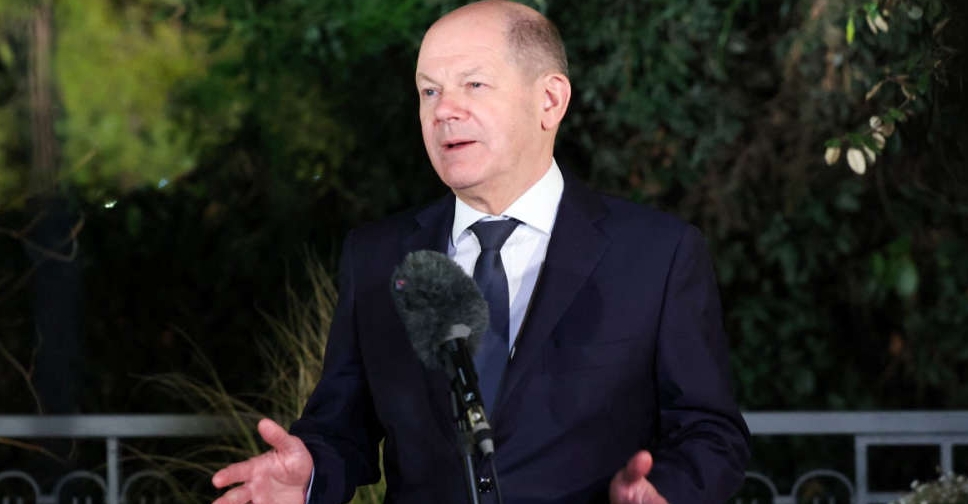 Germany's Scholz joins TikTok in bid to reach young voters
Germany's Scholz joins TikTok in bid to reach young voters


